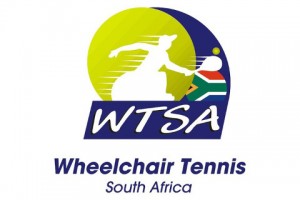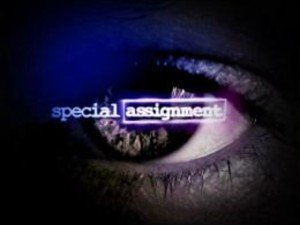Durban City Hall: 13 September 2014 -On behalf of all those who knew and loved Nat Nakasa, I wish to express my gratitude to the Minister of Arts and Culture who has, in some small way, set the past right by retrieving our friend’s mortal remains from the United States and returning them to South Africa. Today, he will finally be buried with dignity by the very State that separated him from his country.
There have been many inspiring tributes to this talented and promising young writer. Having known him well, I share our nation’s joy at having Nat Nakasa finally interred in the same soil as his forebears.
This morning’s funeral procession from the Nakasa residence in Chesterville, stopped at the home of AWG Champion, a close friend of Nat. Mr Champion was the leader of the ANC in Natal before Inkosi Luthuli, and later became a member of Inkatha’s Central Committee. It is interesting that Mr Champion became Nat Nakasa’s mentor, while Inkosi Luthuli became mine.
A few years after I was installed as the Head of the Buthelezi Clan in 1953, Nat Nakasa and his friend, Obed Kunene, began visiting me whenever I was in Durban.
At that stage, we as young black South Africans were enamoured with the writings of a few seasoned and older journalists, like Jordan Ngubane, Herbet Isaac Dhlomo, and his brother, RRR Dhlomo. We admired veterans such as RV Selope-Tema and Percy Qoboza.
But with the emergence of new publications such as Drum and Golden City Post, we saw a flourishing new crop of young and brilliant journalists. Nat Nakasa was among them.
He wielded his pen with the likes of Can Temba, who had been a contemporary of mine at Fort Hare University, Casey Motsitsi, Arthur Maimane, Henry Nxumalo, Bob Gosani, Obed Kunene, GR Naidoo and many others.
When Nat began visiting me in Durban, we struck up an immediate friendship. He was a very bright and level-headed young man, well-balanced and unemotional in practising his trade. That, perhaps, was the source of his brilliance.
Whenever Nat picked up his pen, he laid bare the cruelties and hypocrisies of Apartheid. Yet his writings were intellectual and analytical. The Apartheid Regime could not brush him off as an emotional nuisance. He was a real problem to them; a troublesome young black intellectual whose writing commanded attention and respect.
We were not surprised, but we were thrilled, when Nat was chosen to receive the Nieman Fellowship to study at Harvard University in the United States. But our joy was short-lived. The Regime had found a way to rid themselves of this thorn in their flesh. They refused him a passport and would only extend an Exit Permit, which meant that he could never set foot on South African soil again.
I vividly remember the day Nat Nakasa left South Africa. I happened to be in Durban that day and Nat heard that I was around. I was staying with my wife in the Somtseu Road Hostel, where the municipality had made rooms available for my late first cousin, King Cyprian Bhekuzulu ka Solomon.
It was there that Nat came to say goodbye. He was driven to Louis Botha Airport in my Chevrolet, and departed from his homeland never to return.
I was grateful in the weeks that followed to get snippets of news from his uncle, who was also a journalist. Then, suddenly, we received news that Nat had fallen to his death from one of the top storeys of a building in New York. We were utterly shocked and didn’t know what to think. Such a talented and brilliant young man was taken from us forever.
Our greatest source of pain, however, was knowing that not a single member of his family, nor any of us, his friends, would have the opportunity to pay our last respects at his burial. He was fully alienated from his home, and we were left to grieve from a distance.
Today, that pain is healed. That wrong is being set right. Now we may find closure, as Nat Nakasa finally rests in peace.
STATEMENT BY
PRINCE MANGOSUTHU BUTHELEZI MP









